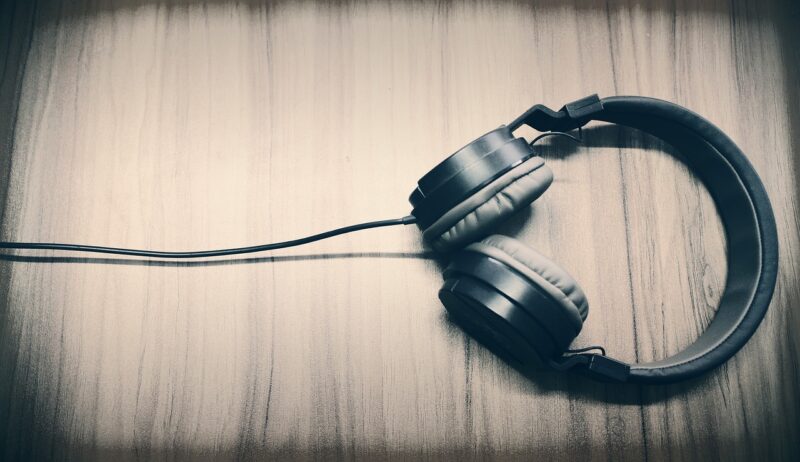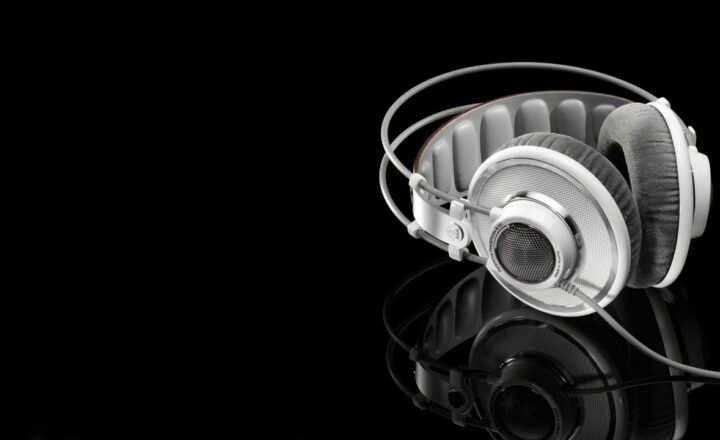Choosing Between Wired and Wireless Headphones: Pros, Cons, and Top Recommendations
November 14, 2024

When it comes to audio equipment, headphones have become an essential accessory for music lovers, gamers, and podcast enthusiasts alike. With a wide range of options available, choosing between wired and wireless headphones can be a daunting task. Each option has its unique benefits and drawbacks, making it imperative to assess your needs before making a purchase. In this article, we will delve into the pros and cons of both wired and wireless headphones, followed by some top recommendations to help you make an informed decision.
1. The Rise of Headphones: A Brief Overview
Headphones have evolved dramatically over the last few decades. Originally designed for radio and military use, they have transformed into a vital part of daily life. With technological advancements, you can now choose from various types, including over-ear, on-ear, in-ear, wired, and wireless models. The market is flooded with choices, with each style catering to different preferences and lifestyles. Understanding the basics will help streamline your choice.
2. Wired Headphones: Benefits and Drawbacks
Wired headphones utilize a physical connection to your device, typically through a 3.5mm audio jack or a USB-C connector. Here are the pros and cons:
Pros:
- Sound Quality: Wired headphones often provide superior sound quality. The direct connection allows for better audio fidelity, making them ideal for audiophiles who prioritize sound performance.
- No Battery Dependency: Wired headphones do not require charging, which means you can use them anytime, anywhere, without worrying about battery life.
- Price Point: Generally, wired headphones are more affordable than wireless options. You can find high-quality wired headphones at a reasonable price, making them accessible to a broader audience.
- Reliability: Wired connections typically provide a stable audio signal without interruptions that can occur with wireless technology, such as latency issues or connectivity dropouts.
Cons:
- Limited Mobility: The cord can restrict movement, which may become cumbersome when exercising or commuting. If your device is not pocketable, you may find the headphones get in the way.
- Durability Concerns: The wiring can be prone to tangling and breakage, impacting longevity. If the cord becomes damaged, you may need to replace the entire pair of headphones.
3. Wireless Headphones: Benefits and Drawbacks
Wireless headphones connect to your device via Bluetooth, eliminating the need for cords. Here’s a breakdown of their advantages and disadvantages:
Pros:
- Freedom of Movement: The absence of a cord allows for unrestricted movement, making wireless headphones ideal for workouts, commuting, and multitasking around the house.
- Convenience: With advanced features such as touch controls, voice assistants, and noise cancellation, wireless headphones often come equipped with technology designed to enhance user experience.
- Compact Design: Many wireless options offer a sleek design and portability, making it easy to carry them around without worrying about tangled wires.
- Battery Life Innovations: Modern wireless headphones come with impressive battery life and fast-charging capabilities. Many models offer 15-30 hours of playtime on a single charge, with quick charging features to minimize downtime.
Cons:
- Sound Quality Limitations: While sound quality has improved, lower-end wireless headphones may still lag behind wired counterparts due to compression issues during Bluetooth transmission.
- Battery Dependence: Wireless headphones require charging. Running out of battery at an inconvenient time can be a frustrating experience, especially during travel or lengthy listening sessions.
- Price Point: Wireless headphones often carry a premium price tag due to the advanced technology they incorporate. Some budget options may compromise on sound quality, features, or battery life.
4. Key Factors in Choosing Headphones
When deciding between wired and wireless options, consider the following factors:
a. Use Case:
Evaluate what you primarily need the headphones for: commuting, working out, or casual listening. Your primary use case will greatly influence your choice.
b. Sound Preference:
If sound quality is your top priority, wired headphones may be the best choice. However, if convenience and mobility matter more, wireless might be for you.
c. Budget:
Establish a budget beforehand, as wired and wireless headphones are available across various price ranges. Decide what features are most essential and allocate your resources accordingly.
d. Comfort and Fit:
Headphones come in various designs that affect comfort. Try them on if possible to find a pair that suits you best, whether wired or wireless.
5. Top Recommendations
After considering the pros and cons of both types, here are our top recommendations:
Best Wired Headphones:
- Audio-Technica ATH-M50X: Known for its exceptional sound quality and comfort, the ATH-M50X is a favorite among professionals and audiophiles alike. The robust build and detachable cables ensure longevity.
- Sony MDR-7506: A staple in studios, the MDR-7506 offers clarity and detail in sound. Its lightweight design and foldable structure make it perfect for on-the-go professionals.
Best Wireless Headphones:
- Sony WH-1000XM4: Renowned for its industry-leading noise cancellation, vibrant sound quality, and long battery life (up to 30 hours), the WH-1000XM4 is perfect for travelers and commuters alike.
- Apple AirPods Pro: AirPods Pro boasts active noise cancellation, customizable fit, and excellent connectivity with Apple devices. The compact design makes them a go-to choice for many Apple users.
Conclusion
Choosing between wired and wireless headphones ultimately boils down to personal needs, preferences, and budget. Wired headphones provide excellent sound quality, reliability, and affordability, while wireless headphones offer freedom and convenience, making them suitable for a busy lifestyle. By weighing the pros and cons and considering your use case, you can find the perfect pair of headphones that will enhance your audio experience. Happy listening!







